Which TV shows dragged on way too long? We pick out 10 prime candidates...
Neither short nor sweet.

Sign up for breaking news, reviews, opinion, top tech deals, and more.
You are now subscribed
Your newsletter sign-up was successful
It’s rare for any series, even the all-time greats, to wrap things up at the perfect time.
The original version of The Office and ‘70s classic Fawlty Towers, both of which concluded after just a dozen regular episodes, are often held up as the pinnacle of how to leave audiences wanting more. You could also throw Vince Gilligan’s meticulously planned five seasons of Breaking Bad into the mix. And Schitt’s Creek bravely ended things before any backlash to its record-breaking Emmy wins could gain momentum.
However, most shows that are lucky enough to avoid the axe from ruthless TV execs end up outstaying their welcome. Did even the most ardent fans of the Winchester brothers really need 15 seasons of Supernatural, for example? Even the never-ending DC universe would now balk at Smallville stretching Superman’s origins story across a whopping 217 episodes. And surely Two and a Half Men should have been put out of its misery once Charlie Sheen went off the rails instead of limping on with the charm-free vacuum that is Ashton Kutcher.
But these shows were only ever mildly diverting at best. From all-singing, all-dancing teen dramas to zombie thrillers, here’s a look at 10 once-unmissable hits which ruined their legacy by failing to recognise when to call it a day.
Killing Eve

Killing Eve’s first season was a taut cat-and-mouse thriller dripping in psychosexual tension. And even when international assassin Villanelle (master-of-disguise Jodie Comer) and her titular target (Sandra Oh) finally came face-to-face, the Anglo-American production still managed to sustain the intrigue for another extreme helping of will they/won’t they.
But by the time its ridiculously convoluted fourth season was encompassing everything from sociopathic embalmers to Jesus hallucinations, even its characters appeared to have forgotten exactly who the central shady organization known as The Twelve were. Its final scene, which succumbed to the Bury Your Gays trope, also managed to piss off an entire army of shippers too.
Glee
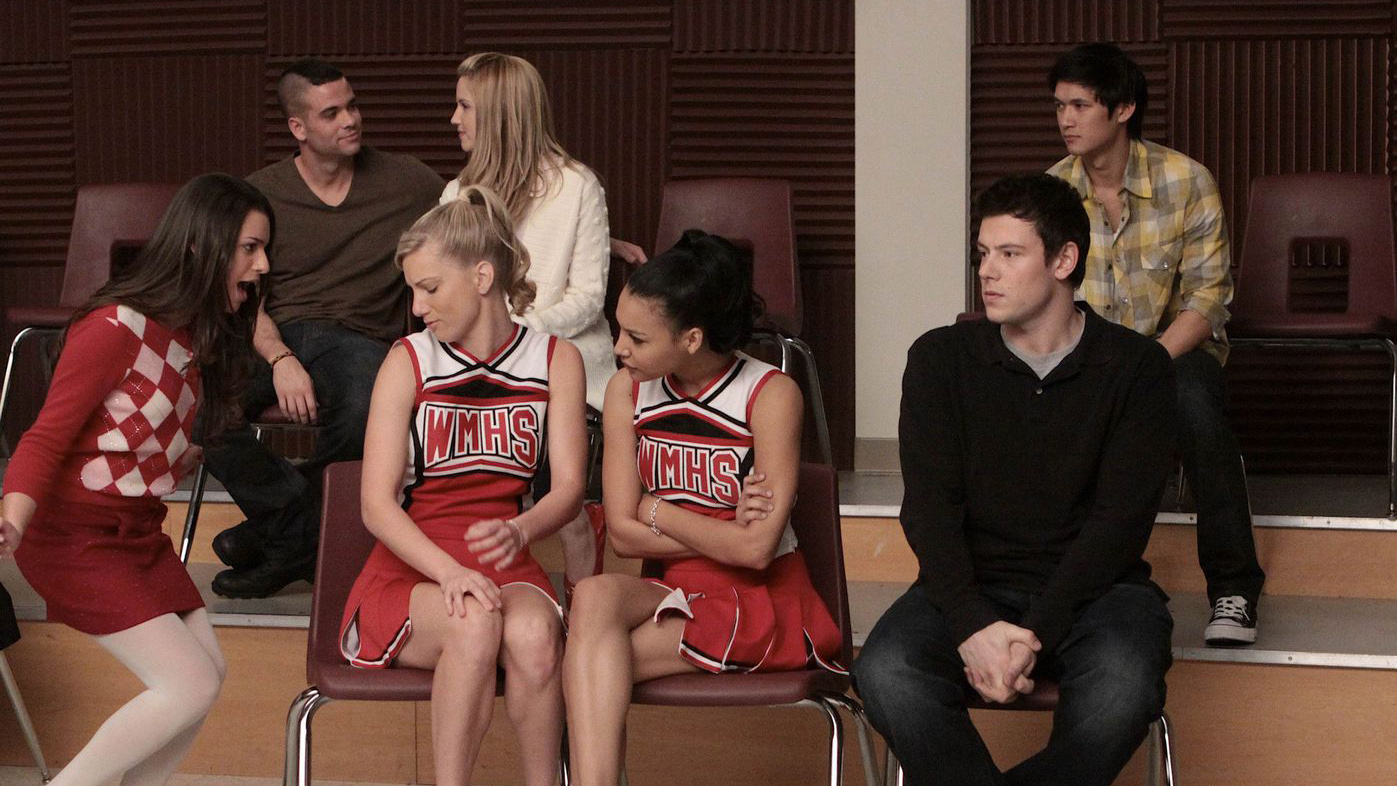
It's easy to forget now but the 21st century’s most cursed show was once a smart, self-knowing and subversive spin on the teen musical drama. Of course, with Ryan Murphy in control, Glee’s winning mix of high school hijinks and chart-dominating covers soon fell off the rails completely.
Sign up for breaking news, reviews, opinion, top tech deals, and more.
With each season, the New Directions gang leaned further into the preachy afterschool special vibes they once so successfully skewed. And after relocating to New York, the show couldn’t stop rewarding its most obnoxious graduates (hello Rachel and Kurt) in a deeply unsatisfying case of wish fulfilment. Having previously dominated pop-culture conversation, Glee ended up fizzling out with the smuggest of whimpers.
True Blood
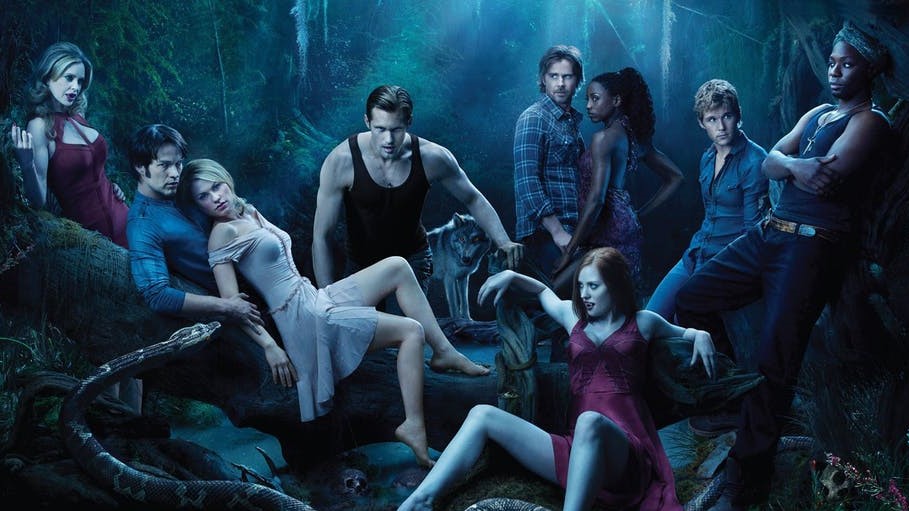
True Blood initially breathed new life into the vampire genre, its sexually-explicit brand of Southern Gothic far removed from the YA melodrama of the Twilight saga. But the bizarre love triangle between telepathic waitress Sookie (Anna Paquin) and two teeth-sinkers at opposite ends of the good/evil spectrum (Stephen Moyer’s boring Bill/Alexander Skarsgård’s scene-stealing Eric) turned into pure schlock following creator Alan Ball’s fifth season exit.
Having already thrown werewolves and witches into the mix, the HBO hit then tipped things over the supernatural edge by introducing a whole host of faeries. Yes, faeries. The fictional Bon Temps town spent its remaining two seasons in a constant state of rigor mortis.
Scrubs

Scrubs is something of an outlier here in that it pulled off that tricky balance of zany humor and affecting pathos right up until its last episode. Well, what should have been its last episode. Despite appearing to wave goodbye to J.D., Perry and Turk in the eighth season closer titled My Finale, ABC suddenly decided to keep them on board for a hasty retooling.
With its crop of unremarkable new interns (including a then-unknown Dave Franco) and different med school setting, Scrubs’ unnecessary ninth (and this time definitely final) season felt more like the webisode spinoff it originated from than a continuation of the real thing.
Arrested Development
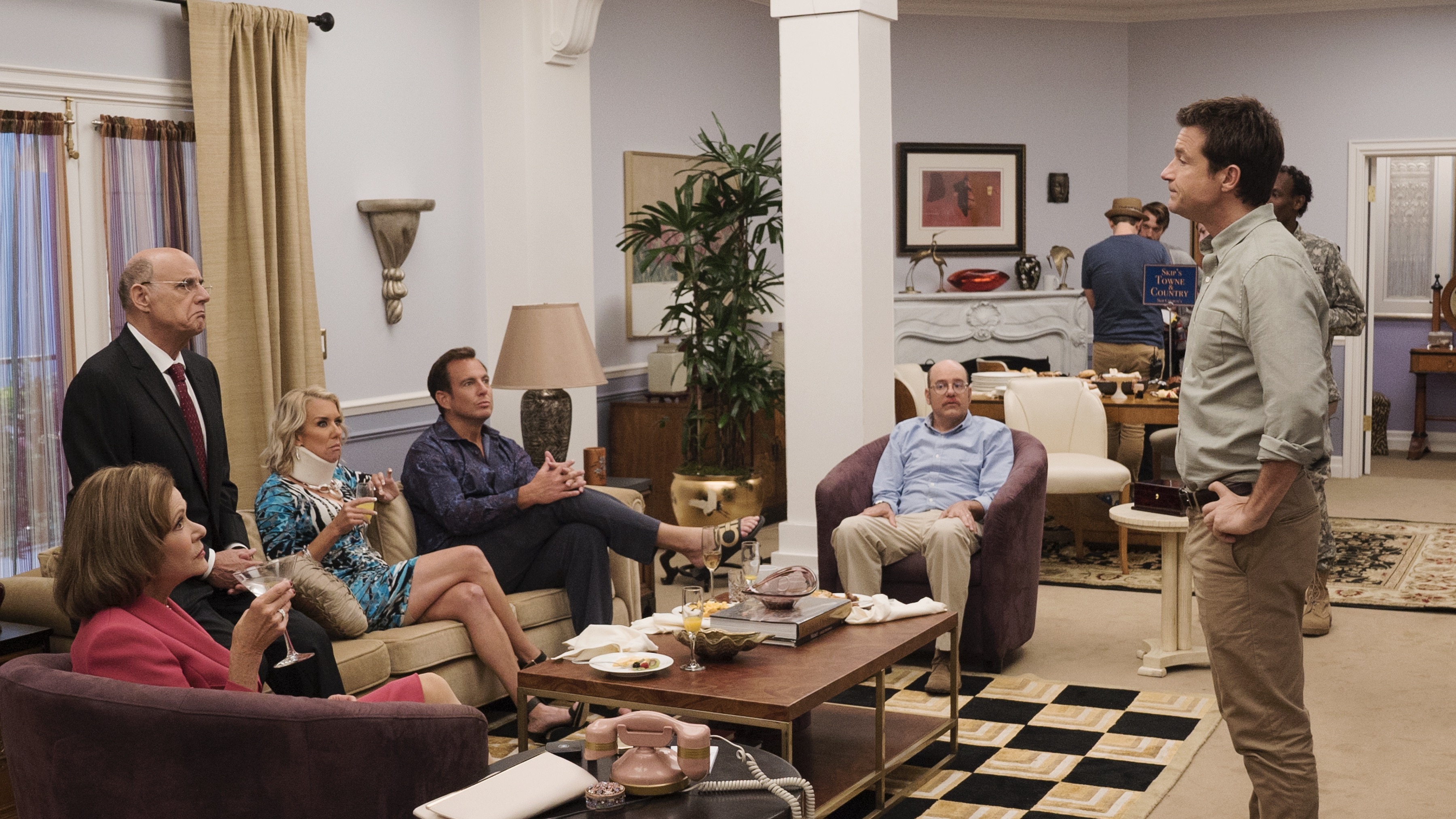
With its metafictional gags, brilliantly absurd characters and documentary-style camerawork, the first three seasons of Arrested Development were credited with reinventing the modern-day sitcom. But after hopping over to Netflix the following decade, the adventures of the dysfunctional Bluth family lost much of their lustre.
The 2013 comeback left many fans clicking ‘Remove from My List’ thanks to several inconsequential episodes which failed to recapture the lightning-quick pace of the original. While the similarly belated fifth, preceded by a disastrous cast interview which left Jessica Walter in tears, further suggested that George Michael’s absent frozen banana stand was the true source of all its powers.
Prison Break
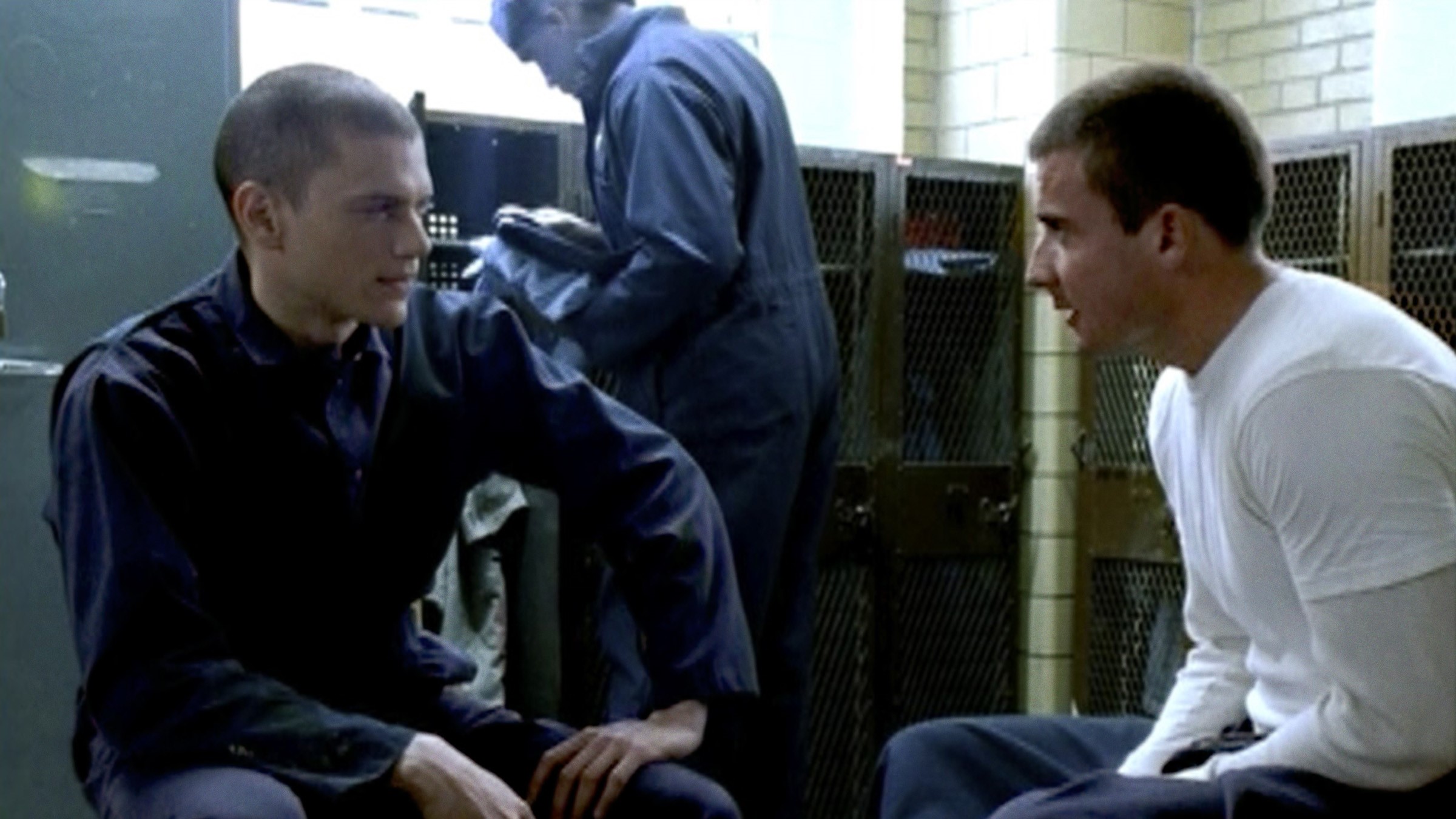
Prison Break’s first 22 episodes provided more edge-of-your-seat thrills than your average rollercoaster while simultaneously pushing credibility to its limits. However, any remaining semblance of logic went completely out the jail window once Wentworth Miller’s heavily-tattooed escape artist helped to free his meat-headed brother into the big wide world.
The siblings subsequently had to pull off several other increasingly ludicrous Houdini acts to justify the show’s title over the next three seasons. And craziest of all, Miller’s Michael Scofield was even brought back from the dead to front a 2017 reunion which tried but emphatically failed to replicate the political intrigue of Homeland.
Dexter
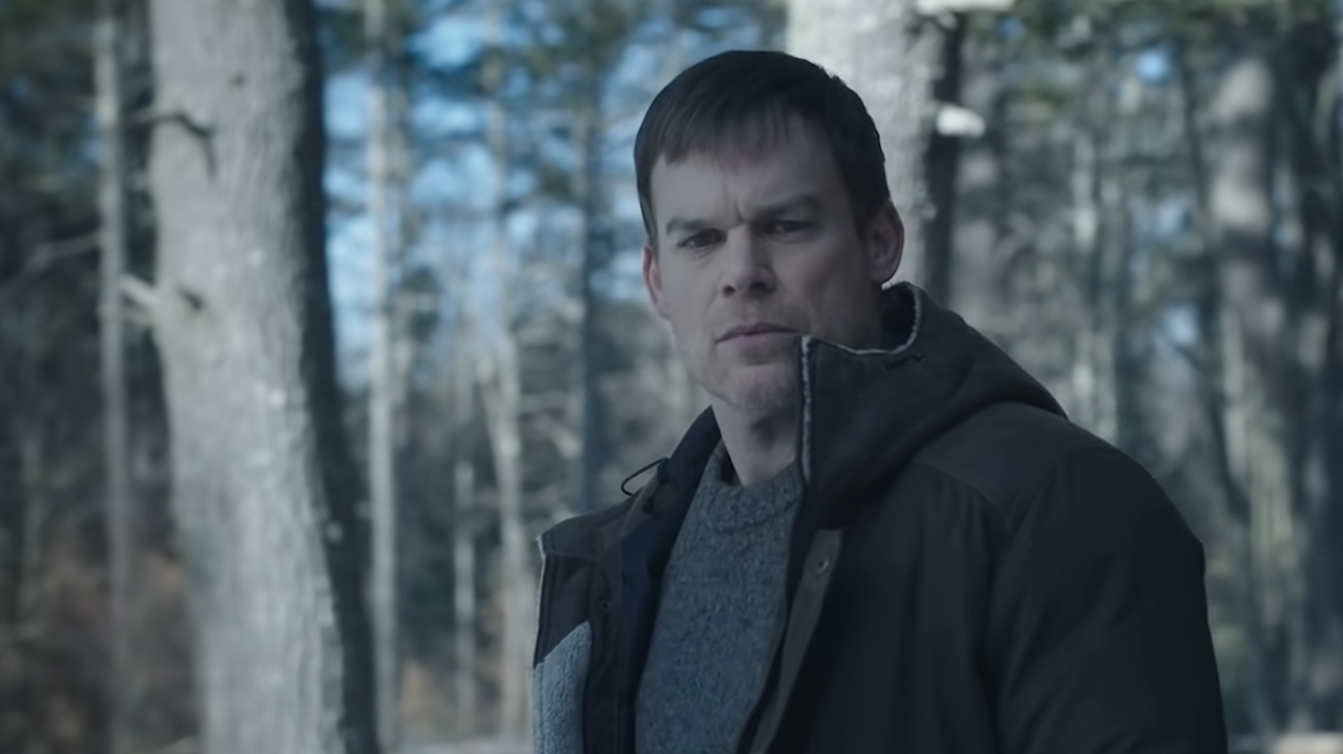
Showtime’s Dexter arrived in 2006 with a killer premise, both literally and figuratively, with Michael C. Hall playing a vigilante dishing out his own brand of deadly justice to murderers who’d slipped through the system. But the quality of the vengeance-seeking took a drastic dip towards its latter stages, with the show succumbing to cartoonish villains, overwrought symbolism and redundant storylines.
Its eighth and final season finale, meanwhile, delivered the kind of copout ending which suggested that producers had nothing but contempt for its long-time viewers. There’s a reason why news of the recent revival was greeted with a groan.
Shameless

The Showtime network is renowned for stretching a great show beyond breaking point (see Weeds, Homeland and the above). But Shameless undoubtedly suffered more than most. The down-and-dirty drama about life on Chicago’s South side initially imbued the Gallagher clan’s antics with a clever balance of heart and humour.
But as its seasons approached double figures, the show seemed hellbent on giving its loveable rogues the most far-fetched storylines possible while simultaneously abandoning all sense of family – a quality the show was essentially built on. MVP Emmy Rossum’s departure should have sounded its death knell but somehow it staggered on as gracelessly as Frank on a bar crawl.
24
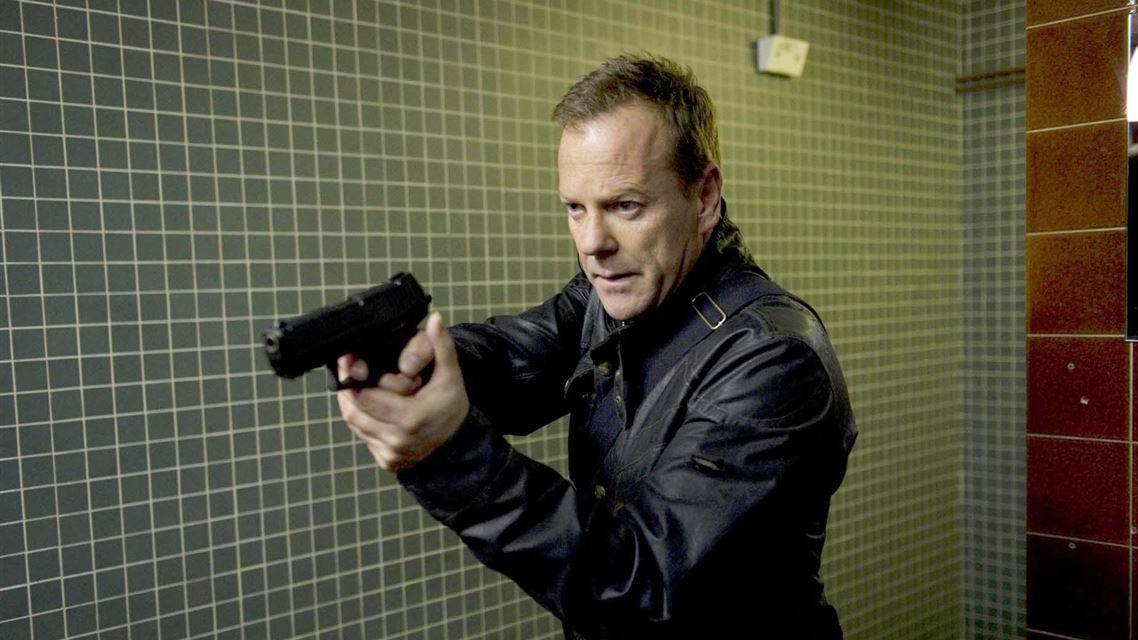
A whole drama season taking place across just a single day? And in real time? 24 burst onto our screens in 2001 like no other espionage thriller, or any TV show full stop, had done before.
But while the novelty of its premise and high-octane thrills ensured we were initially gripped by Jack Bauer’s exhausting life-saving missions, the sheer implausibility of just one man experiencing such relentless carnage eventually became too much (the counter-terrorist agent’s kill tally across eight seasons and a film stands at 309!)
Accusations of Islamophobia and its gung-ho attitude to torture also meant those memorable beeps started to sound as unwelcome as an early alarm clock.
The Walking Dead
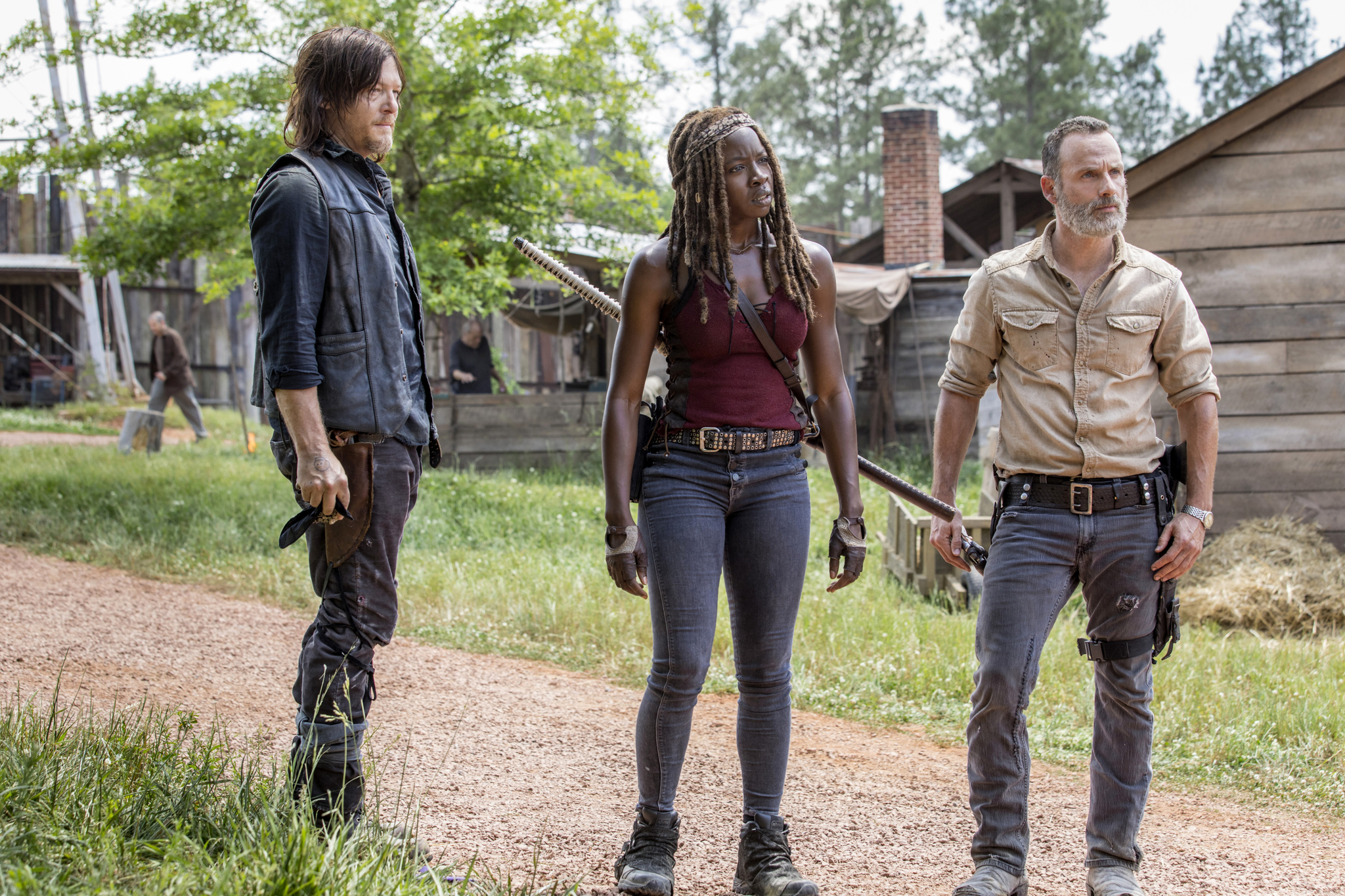
The Walking Dead used to be essential watercooler TV – its fifth season premiere pulled in the highest viewership in U.S. cable history. Yet five years later and its average ratings had nosedived to over an eighth of that remarkable 17.3 million figure. Yes, zombie fatigue has now well and truly set in thanks to numerous needless spinoffs, leading man Andrew Lincoln’s departure and an over-reliance on intelligence-insulting fake-outs.
Oh, and there’s also the fact a show about surviving a zombie uprising is now more concerned with villains of the human kind. A shadow of its former self, the AMC hit’s relentless torrent of misery still shows no signs of abating.